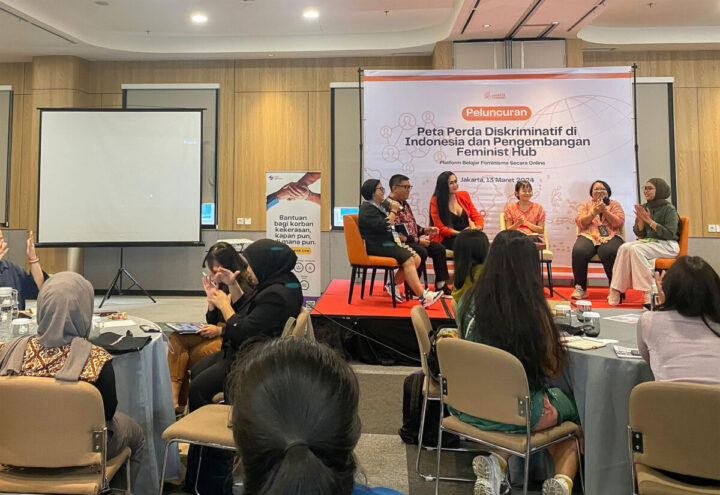On March 13, 2024, JakartaFeminist launched FeministHub, an online educational platform aimed at providing broader access to education, particularly concerning local regulations deemed discriminatory against women, children, and minority groups in Indonesia. Motivated by concerns over the negative impact of these regulations on societal well-being, this initiative reflects a collective effort to raise awareness about the importance of healthcare rights for all individuals.
Analysis conducted by JakartaFeminist revealed over 170 Regional Regulations (Perda) that have discriminatory effects on these groups. These regulations not only limit access to education and economic opportunities but also significantly affect access to healthcare services for women, children, and the LGBTIQ community in Indonesia.
According to data from the Indonesian Ministry of Health, limited access to healthcare has been a serious issue in Indonesia, especially for women and minority gender groups. Research indicates that many women in rural areas of Indonesia still face difficulties accessing basic healthcare services, such as reproductive health check-ups and prenatal care. Moreover, social stigma and discrimination associated with gender identity and sexual orientation can exacerbate these issues, leading to rejection and discriminatory treatment of many LGBTIQ individuals in healthcare facilities.
In efforts to address this inequality, JakartaFeminist and other partners (Komnas Perempuan, Komnas HAM)) have devised plans to revise over 130 regulations deemed discriminatory and harmful to specific groups by end of 2025. By doing so, they hope to pave the way for more equitable and inclusive access to healthcare services for all individuals in Indonesia.
Of course, these efforts are not without the support of healthcare institutions such as Angsamerah, which is committed to providing gender-friendly and inclusive healthcare services. Through this approach, it is hoped that people will feel more comfortable and secure in seeking healthcare, without fear of discrimination or rejection based on their gender identity or sexual orientation.
Thus, the effort to improve access to healthcare in Indonesia is not only the responsibility of the government but also a collective task for all parties involved. Through collaboration between the government, NGOs, healthcare institutions, and civil society, we can create a more inclusive environment that is supportive of all individuals, regardless of gender or sexual orientation.
